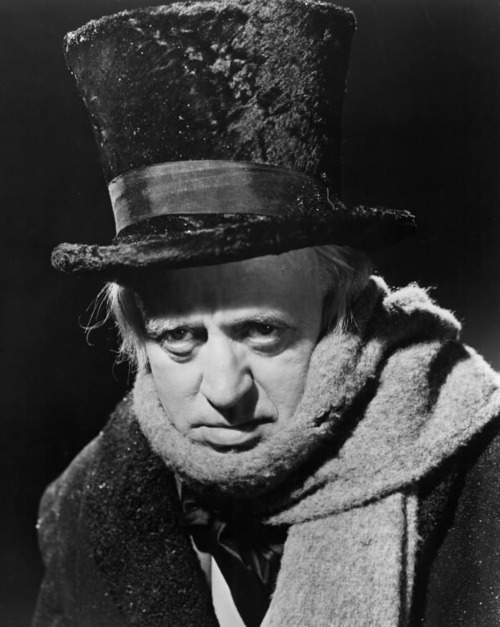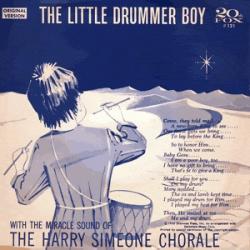The story behind the most famous Christmas story since the Nativity, from the Capitol Hill Times:
When Charles Dickens wrote “A Christmas Carol” in 1842, the holiday was nearly dead in modern England. Christmas was celebrated by the rural and poor, but frowned upon by employers. It took an American, Washington Irving, to praise Christmas to the highest, mourning the loss of the great traditions in this new modern age.
Dickens admired Irving. In earlier writings, such as “Sketches by Boz,” Dickens made much of the “strain of goodwill and cheerfulness,” that this holiday did more to spread good will among neighbors than any preaching or homilies.
Dickens came to write “Carol” while at a low ebb. His pervious book had not been popular and he was struggling. He was working on nonfiction pamphlets about the horrendous working conditions of children in Manchester. But the visions of Ignorance and Want that he saw on the faces of the starved, overworked and ragged children inspired him, and he worked backwards from the scene in which the Spirit of Christmas Present shows Scrooge those children to compose the whole tale.
He “laughed and wept and laughed again” as he walked 15 to 20 miles a day in the streets of London, composing the story in his head, then locking himself away from friends and his family for weeks.
It was an immediate hit. Instantly plagiarized onstage and sold in bootleg editions, the story made Dickens little money in its fancy first printing. But it made him famous. When he died decades later a little girl was heard to say, “Mr. Dickens is dead? Is Father Christmas dead as well?”…
…Dickens invented the Christmas tale with “A Carol,” and it has been played on by many subsequent authors, but what makes it the best of all the Christmas tales is its thesis: Stop and think about your life. Live in a thoughtful fashion, filled with compassion. Have hope and love your fellow man. Christmas Day is just the focus of this spirit.
Some historians believe that this story, and this story alone, is responsible for our continued observance of Christmas. It revived very old customs that had been on the verge of dying out. But there is an urgent subtext that drives this tale, and it is in the mouth of Scrooge when he says to a group of businessmen who came to him for a donation to the poor, “If they had rather die, they had better do it, and decrease the surplus population.”












